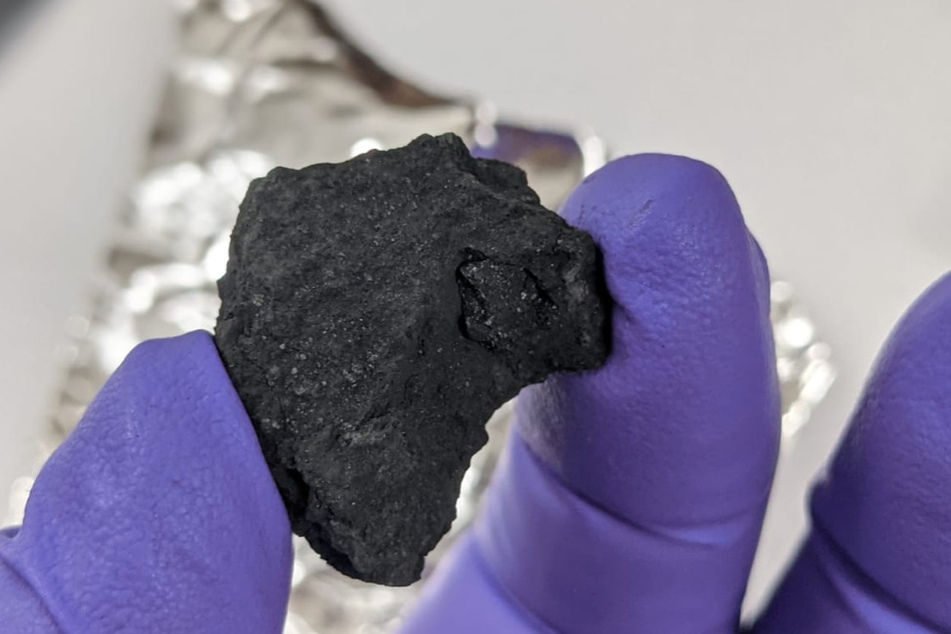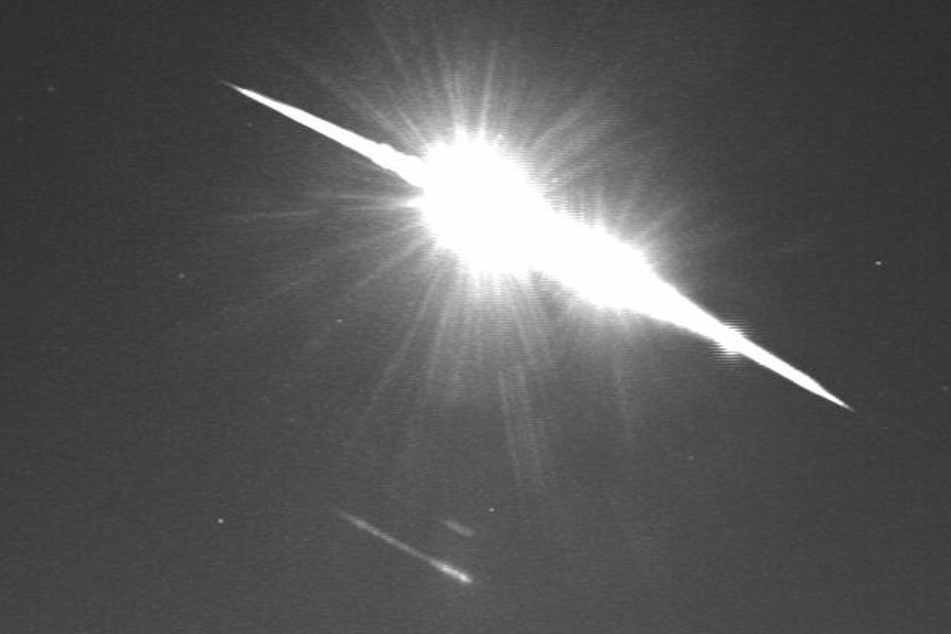Out of this world: chunks of rare meteorite crashed onto driveway!
Gloucestershire, United Kingdom - Scientists could hardly believe their luck when they traced a lump of a rare meteorite found in a driveway in Southwest England.

On Sunday evening, local residents in Gloucestershire heard a clattering noise outside their house. But when they looked out the window, they didn't see anything unusual.
It wasn't until the next morning that they found a bunch of odd-looking stones resembling coal on their driveway.
Curious about their find, they got in touch with the UK Meteor Observation Network, who discovered that the rare meteorite that lit up the night sky over the UK and northern Europe last week had indeed landed in their driveway in the small town.
Likely to become known as the Winchcombe meteorite, it is the first to be found in the UK in 30 years.
What makes Winchcombe special is that it's a type of meteorite known as a carbonaceous chondrite.
"This is really exciting," said Dr. Sara Russell of the London Natural History Museum. "There are about 65,000 known meteorites in the entire world, and of those only 51 of them are carbonaceous chondrites that have been seen to fall like this one."
Nothing comparable has ever been found in the UK.

Carbonaceous chondrites originated from an asteroid that formed when the planets themselves were only just being born, making them the most primitive materials of the solar system. They could hold important clues about our origins, according to Dr. Ashley King of the museum.
"Meteorites like this are relics from the early Solar System, which means they can tell us what the planets are made of," Sara Russell explained.
Cover photo: collage Screengrab/Twitter/UK Meteor Network
